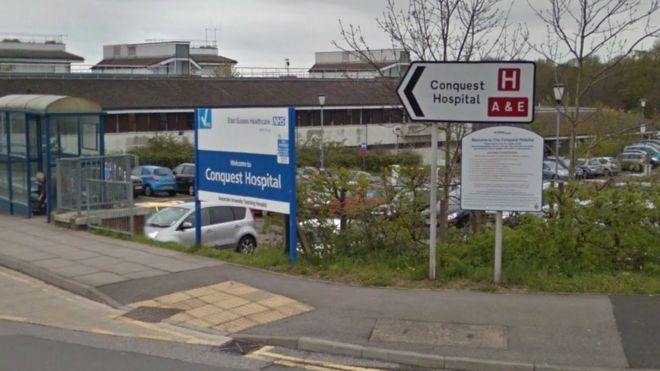A report in the Daily Telegraph, August 26 reports “the sharp rise in hospitals repeatedly axing vital appointments, leaving people waiting years to see a doctor”. Investigation reveals soaring numbers of patients are suffering repeated cancellations, with minimum prior notice.
In the case of one Rye resident, the first intimation received was at the reception desk of the Conquest Hospital, despite his having received the usual telephone advice in confirmation of his appointment for August 16. On arrival at the hospital he was informed that the appointment had been cancelled and a new one made for Friday October 11.
A letter to his GP from his consultant written on May 10, had indicated the necessity for a follow-up review in “two months’ time or earlier if needed”. The now suggested October appointment will make this five, not the two months which the consultant had recommended.
He has now written to Adrian Bull, Chief Executive of the East Sussex Healthcare NHS Trust, noting that cancellation of appointments without notice is not unusual at the Conquest Hospital and requesting that the appointments procedure be reviewed.
It is unlikely that any explanation to be offered will be accompanied by some recompense for the frustration, expense and inconvenience suffered by patients, some of whom are in need of urgent treatment to alleviate their suffering.




If as seems likely the Conquest Hospital uses an automated text message system to remind patients of their appointments, then it seems unlikely that this cannot be adapted to notify them of cancellations, before they set off. Whilst this would still leave the patient distressed by the cancellation, it would at least mitigate the travel and (not inconsiderable) parking costs involved. Most patients need to “psych-up” for even the most mundane hospital appointment and it is inconsiderate at the very least and cruel at worst to put them through this additional stress.
This failure needs to be rectified as soon as possible, as of course does the underlying reason for having to cancel in the first place.